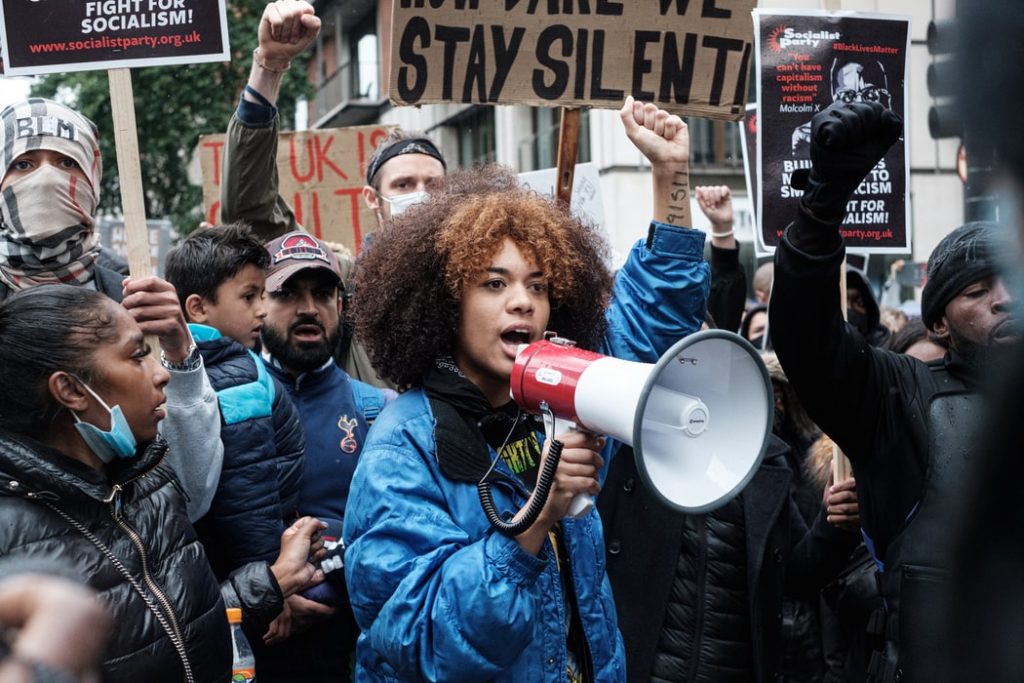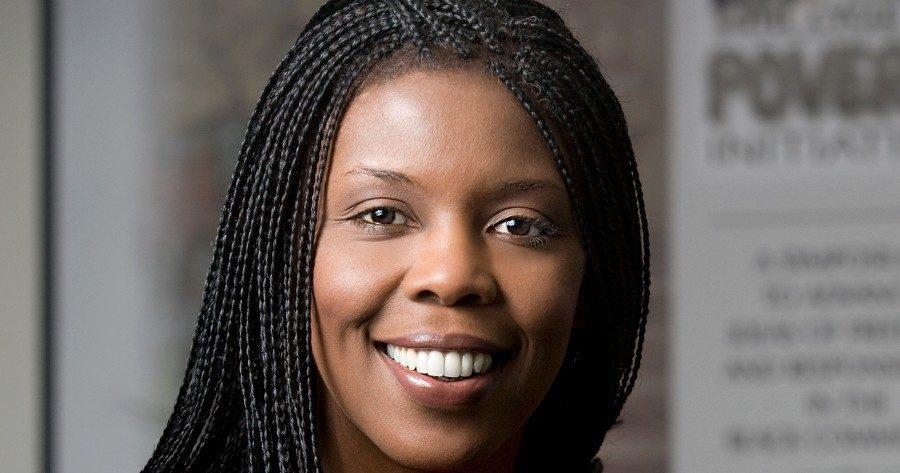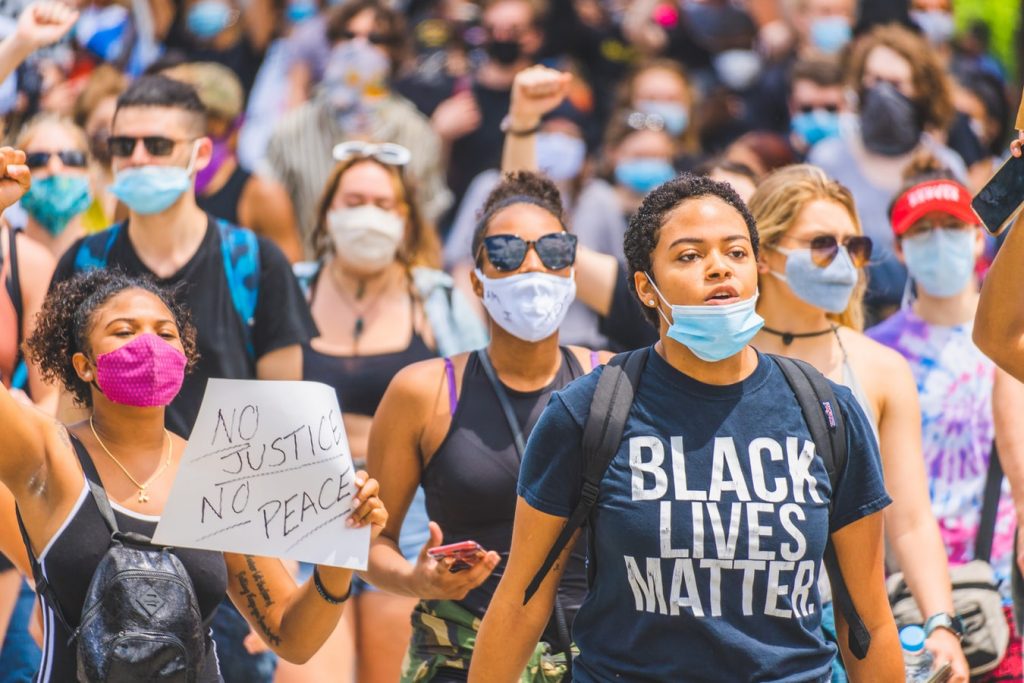Civil Rights
What the Justice Generation Needs to Learn About Race and Slavery
I’m on a break between quarters after grading numerous papers.
One of the final ones was written by an African American pastor who is a great guy. But he made a fatal mistake often found among preachers obtaining degrees. He preached a passionate sermon in his paper (what he already knew) instead of telling me what he learned from a classic book on world missions.
He spent half the paper speaking about racism.
I thanked him for his burden, but had to knock his grade for not following directions. His paper provoked a question:
What does the “justice generation” need to learn about race and slavery?
Reparations Promotes Envy Not Responsibility
Evanston, Illinois became the first city in America to pass a “reparations” law to compensate for slavery. $25,000 checks will go out soon to black residents only–and many of them are unhappy and want more money.
Paying people today for yesterday’s sins is governmental and cultural insanity.
In Washington, D.C., a bill is making its way through the House of Representatives demanding that all non-black Americans pay reparations for the sins of slavery committed hundreds of years ago. That would divide America further and bankrupt the nation.
Reparations is a bad idea. It promotes envy (a sin) not responsibility (a virtue).
Reparations Promotes Envy Not Responsibility
I saw an article recently on the foolishness of reparations that made me feel like I was reading my own writing.
Here is what Star Parker had to say.
My Ancestors Were Slaves. Here’s What I Think About Reparations
“The House Judiciary Committee just held hearings on H.R. 40, which would establish a commission to look into ways in which African Americans could be compensated, including possible payments of trillions of dollars to individuals.”
“The commission would examine the role of government in supporting the institution of slavery, ‘discrimination in the public and private sectors against freed African slaves and their descendants,’ and ‘lingering negative effects of the institution of slavery … on living African Americans and on society.’”
“My ancestors were slaves. And my life as a young woman was a mess.”
“Was my life a mess because my ancestors were slaves? I don’t think so.”
“My life was a mess because I lived a wanton, irresponsible existence, defined by promiscuity, petty crimes, and scamming the nation’s well-meaning but totally confused welfare system to the greatest extent of my ability.”
“Did I need reparations to turn things around for me? Certainly not. I needed a wake-up call, which, to my great gratitude, I got from a few church-going black Christians who told me the way I was living was unacceptable.”
“I went to church, took back responsibility for my life, and turned my circumstances around.”
“The problem with the idea of reparations is it redirects attention away from exactly where attention is needed: on individuals’ personal responsibility for their own unique lives.”
“And it redirects attention in such a way to encourage individuals to believe that some abstract, collective entity from the past is the cause of all their individual problems in the present.”
“Compensation for damages is a basic legal principle.”
“It’s about personal responsibility. Individual A sues individual B for damages caused. Exactly what the damages were and exactly how B injured A must be shown in a court of law.”
“Today, only a small fraction of our population has ancestors who were around before 1865 when slavery was legal. The idea of collective guilt, with no specific individual identified as causing the damage and no specific individual showing how he or she was damaged, doesn’t fly.”
“If there is any legitimate claim of collective guilt, it is the guilt of original sin, which we learn in the book of Genesis. Every man and woman is imperfect and responsible for fixing themselves—and, by doing so, helping to fix the world.”
“There is no word more frequently used in political discussions than ‘freedom.’ But rarely discussed is what gives meaning to the word ‘freedom,’ and that is understanding that individuals have free choice—the power and responsibility to choose how to live.”
“Only when we understand that there is good and evil, that there is sin, does free choice have meaning. It means individuals have the power and responsibility to choose how to live—that their individual choices matter.”
“Driving the push for reparations are policies on race that obliterate this key idea that every individual, regardless of circumstance and history, is unique and has free choice. The political idea of freedom becomes irrelevant because free choice becomes irrelevant.”
“So-called critical race theory says everything is about culture. Because, per their claim, the USA is about what they define as white culture, the cultural script needs to be rewritten to make things fair for those who are not white. Put politicians in charge of making things fair.”
“No, I am sorry; I always thought the problem with racism is it denies the uniqueness, dignity, and personal responsibility of each individual.”
“If the ideal we seek is a free country with free citizens, then commissions such as that proposed in H.R. 40, which pretend to be about justice but are really about a left-wing agenda to put government in charge of our lives, are not the way to go.”
Exactly right.
I am not African American like Parker, but here’s what I shared a year ago.
Everybody’s Ancestors Were Slaves
Some people believe that every non-black in American needs to pay up for slavery (reparations).
Could any public policy be more absurd or expensive than that? (Unfortunately, that answer is yes but I digress.)
Have we so lost our common sense in the West that we forget that ALL our ancestors were once slaves to other nations?
- During the Roman Empire, half of its citizens were slaves–for nearly one thousand years. Should we send a bill to Italy?
- China and Mongolia made each other slaves for centuries–and finally built the Great Wall of China over the conflict (in which 2 million slaves died during its construction). Should Ulaanbaatar write Beijing a check?
- European nations took turns being the slaves for centuries. The Vikings made slaves of the Celts. The Visigoths enslaved the Slavs. Come to think of it, my German ancestors were slaves of the Goths for hundreds of years. Should I appeal to Angela Merkel for a reparations check?
- In the 20th century, the USSR enslaved numerous nations and the Imperial Japanese raped and oppressed the Chinese for a decade. Time to make that right with money?
As ugly as slavery is, during the seven thousand years of human history, more people have served as slaves of another culture than enjoyed the blessings of freedom. In some centuries they were the conquerors and in others the conquered.
Who should be paid? How far back should we go? What if you are half-slave? Or one-tenth?
You can’t pay for past sins.
God’s Word says it best:
“‘Doesn’t the child pay for the parent’s sins?’ No! For if the child does what is just and right and keeps my decrees, that child will surely live. The person who sins is the one who will die. The child will not be punished for the parent’s sins, and the parent will not be punished for the child’s sins.”
“Righteous people will be rewarded for their own righteous behavior, and wicked people will be punished for their own wickedness. But if wicked people turn away from all their sins and begin to obey my decrees and do what is just and right, they will surely live and not die” (Ezekiel 18:19-21).
That’s what Star Parker learned by experience. She chose responsible character which empowers a life instead of envy and greed which poison and destroy it.
In a book I ghost-wrote eighteen months ago about the life of Dr. Corinthia Boone, she recalls that her grandparents, who were children of freed slaves (just one generation removed), never demanded “a hand-out, just a hand up.”
Let’s follow their example–through the love of Jesus Christ.
Everyone’s ancestors were slaves. Let’s leave the past behind–and offer a helping hand to everybody who needs one–by rejecting envy and promoting responsibility in every precious human life.
The Trojan Horse of BLM
The Trojan Horse is a story how the Greeks used stealth to win a war. It’s part of Greek mythology–but possibly based on real events.
I’ve regrettably concluded the Black Lives Matter organization (BLM) is the biggest social Trojan Horse of our time.
We better “drag it out” of our nation before it’s too late.



